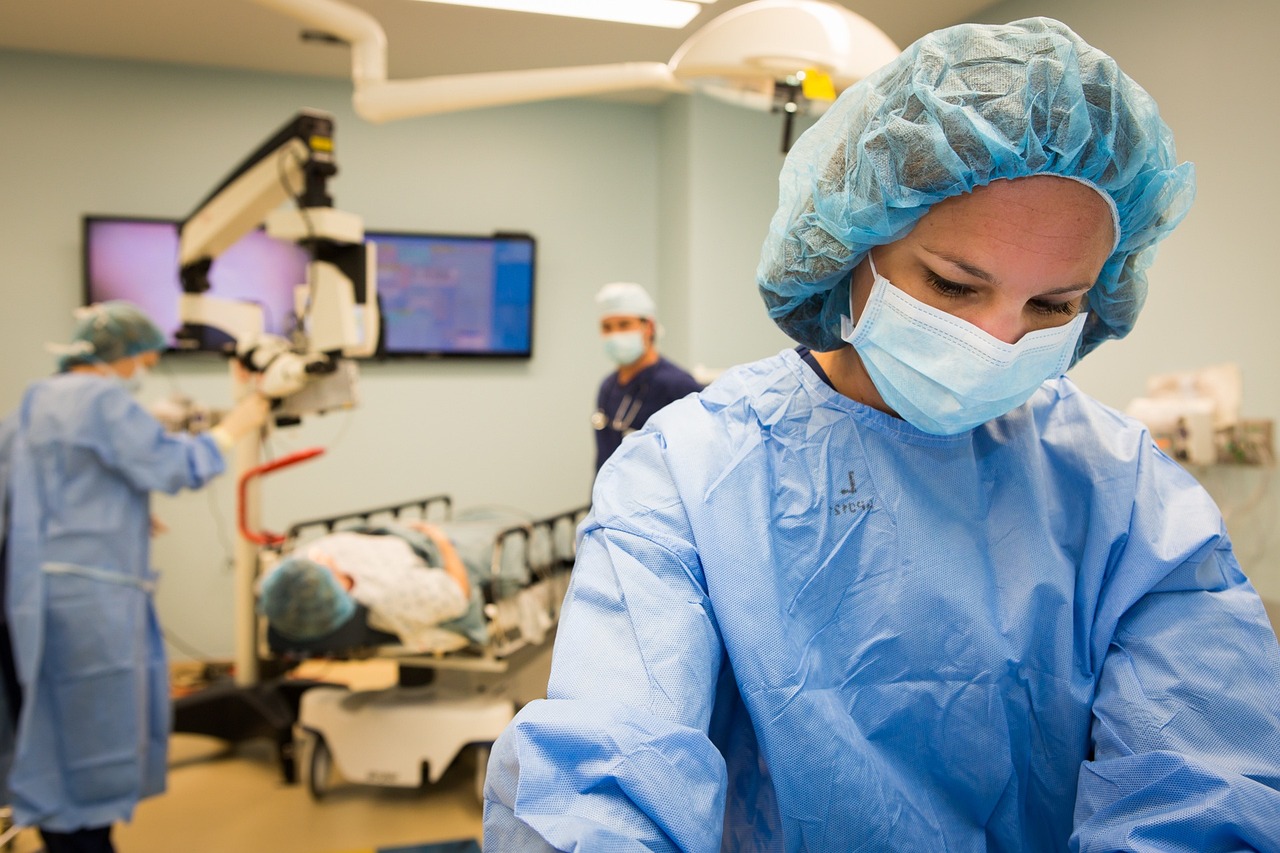Going through a major surgical procedure can be an incredibly daunting experience. The thought of undergoing such a procedure is enough to cause anxiety and fear in many people. But, it’s important to remember that while this experience can be intimidating, it doesn’t have to be something you dread. In fact, with the right preparation and understanding of what you should expect after surgery, you can confidently face any upcoming medical procedures. This article will discuss the various stages of recovery.
Awakening after a procedure can be a scary moment. Patients need to be put under anesthesia during hip dysplasia surgery as the process is 2-3 hours long. You may experience disorientation alongside symptoms such as nausea, body aches, and soreness. 
Don't be too alarmed if you feel confused - that is perfectly normal! It's also likely that you will feel a sense of gratefulness for being alive when you realize the surgery was successful. Expect to receive attention from hospital staff that is by your side, in order to ensure your comfort and facilitate the recovery process. Waking up after surgery marks a new beginning - the first steps into your post-surgery life!
After any surgical procedure, it’s normal to experience some discomfort. Managing the pain associated with surgery is an important part of the healing process. There are many tools and techniques available to help control pain after an important surgical procedure.
When it comes to managing pain, your doctor can recommend a safe and effective strategy that is tailored to your individual needs. It’s important to be patient and stay consistent with the plan for as long as necessary for your full recovery. With dedication, everyone can do their part to manage their pain and promote their overall well-being!
For example, in the case of hip dysplasia surgery, your medical team may recommend physical therapy or massage therapy. The utilization of these forms of pain control can help to improve mobility and reduce discomfort after the procedure.
Knowing what to expect in terms of potential complications following surgery can help you make sound decisions about your care and desired outcome. Some of the most issues patients could face are the following:
- infection
- adverse reactions to anesthesia
- bleeding or hemorrhage
- blood clots
- respiratory complications
- allergic reactions
- cardiac complications
- bowel or bladder problem
- nausea
- nerve damage
- scaring
Working closely with your surgeon, healthcare team, and loved ones can help identify warning signs early on so that any necessary adjustments can be made accordingly. Understanding the typical timeline for recovery and focusing on building strength and flexibility through physical therapy can further increase the chances of a successful recovery. It is only by taking these preventive steps that you will be able to make sure any complications are addressed quickly and effectively - allowing you to ultimately recover fully!
After a long and arduous surgical procedure, getting discharged from the hospital is an exciting experience! As you get ready to leave, it's important to understand what steps you must take to make sure everything is in order. Your healthcare provider should walk you through all of the necessary paperwork and provide any written instructions related to your specific case.
Furthermore, they will provide you with medication information and diet/exercise guidance. As life resumes its regular pace after your surgery, they will also likely provide follow-up schedules so that progress reports can be provided as needed. Although intimidating at first, getting discharged can be a much-awaited milestone if you are prepared for the steps ahead of time.
Checking up after a surgical procedure is an absolutely crucial part of the healing journey. After a serious operation, your medical team will want to monitor your progress, make sure you’re prescribed the right medications, and do scans or imaging tests that they need to track your recovery. Such checkups provide peace of mind that everything is going smoothly — so it’s vitally important not to miss these appointments!
Your regular physician’s office may schedule these, or you may need to be directed to an affiliated clinic. Make sure to take any paperwork related to your procedure with you too, so that everyone involved has the same information about your case history. Rest assured that adequate follow-up is essential for ensuring a complete and safe recovery from surgery!
After an important surgical procedure, wound treatment is key in helping your body heal and recover. Your doctor will provide you with instructions on the best course of action to take for dealing with the wound, including how often to clean it and if any ointments or bandages should be used.
You may also need to shift positions occasionally as your healing progresses. Taking all of these precautions helps minimize the risk of infection while allowing the wound to heal quickly and properly so that you can get back on track!
Recovering at home after an important surgical procedure can be both strenuous and rewarding. Your team of healthcare professionals will help provide guidance throughout your journey, while family and friends are essential sources of emotional support.
There are a few common aspects of home recovery to watch out for, such as light physical activity, like walking around the house or yard for a few minutes every day, balanced with adequate rest and hydration. If you experience any pain or discomfort during the healing process, your doctor will also be able to provide advice on managing symptoms through simple lifestyle changes.

Recovering from a surgical procedure is no easy feat, but it can be made easier by taking the right steps to ensure your body heals properly. From understanding what paperwork and medication you'll need when getting discharged to attending regular checkups with your medical team, these are all important pieces of the puzzle that will help you on the road to recovery. Additionally, proper wound treatment at home - including cleaning and bandaging as needed - combined with light physical activity and restful sleep should further aid in this process.





